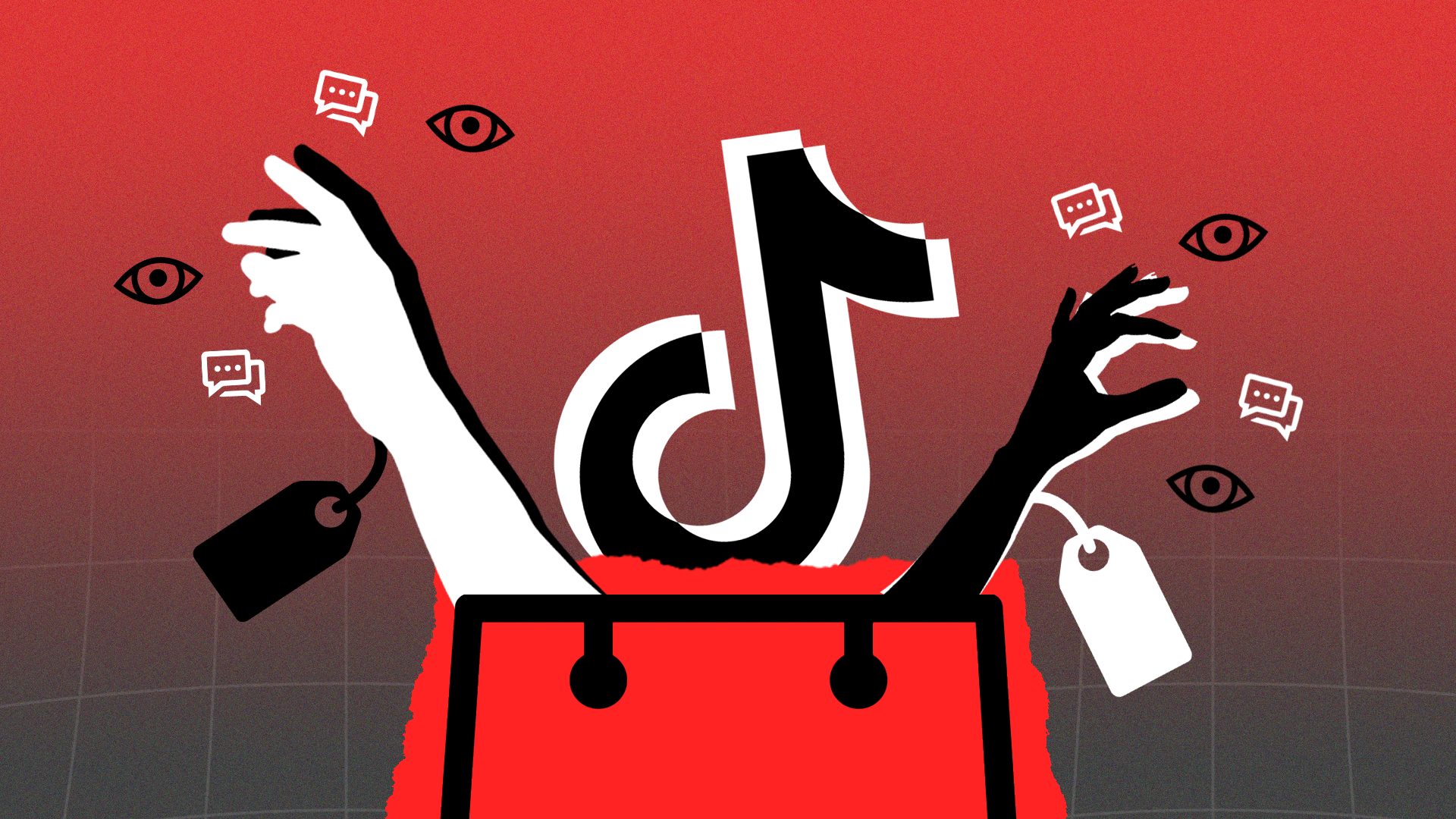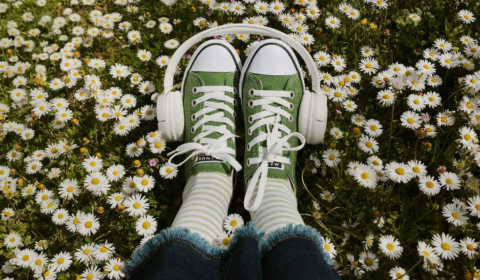Should we be championing this type of behaviour?
While you’ll no doubt see plenty of tabloids call this behaviour ‘disturbing’ and refer to the culprits as ‘reckless teen yobs’, there is a valiant political agenda underneath it all, at least for some TikTokers.
Organisers of these community accounts were initially spurred on by a disdain for big businesses and, according to those involved, the theft or ‘borrowing’ isn’t mindless rebellion but instead a targeted assault on seemingly untouchable corporations. Most participants deliberately avoid independent shops and only target large scale chains.
This sentiment is widely felt with young people outside of just TikTok. VICE points out a report by YouGov that shows 40% of Gen Z view shoplifting as ‘acceptable under certain circumstances’, which is a significant shift in attitude compared to parents and older generations.
The problem with shoplifting, however, is that it doesn’t actually hurt businesses at the top end at all, and most retailers have stock and profit margins big enough to accommodate for petty theft. All this really does is cause trouble for local employees and put jobs at risk.
Like it or not, big franchises make up a significant portion of work in many suburban towns and are a huge asset to economies. Capitalism and its brutalist exploitation of everything and anything should be challenged, but stealing a vape pen from Sainsbury’s isn’t going to topple establishments the world over. The sentiment may be there, but the focus is misplaced.
Blurring the line between activism and addiction
Regardless of their intentions, it’s hard not to notice that these TikToks are quite often presented as ‘hauls’ in much the same way as YouTubers showing birthday gifts or actual shopping sprees.
Some are likely deliberate satire, but most seem to genuinely be flexing stolen goods, which is ironic considering this is supposed to be an ‘anti-capitalist’ movement. The ultimate goal for these people is still to acquire more objects and material possessions, which is one of the fundamental backbones of a capitalist system.
In addition, shoplifting is an addictive habit that can easily slide from so-called activism into personal gratification. Stealing items slowly becomes more of a competition within TikTok communities to gather the most impressive ‘haul’ rather than a way to fight back against commercialism, and studies from the National Association for Shoplifting Prevention show that nearly 25 million Americans regularly steal. It’s a widespread issue and has been for decades.
The app has actively been deleting users and pages that engage with this trend the past week, which suggests it’s widely seen as a nuisance rather than anything to shout home about. There are other ways to tackle capitalist systems that don’t involve damaging other people’s jobs, like campaigning for better wages and approaching MPs and government officials directly to discuss franchise monopolies – and they’ll likely be far more effective.
Social media can be a force for good and real change, but in this case it’s mostly misguided. Stealing doesn’t tackle the route of the problem you’re trying to campaign against and mostly hurts the ones at the bottom, which won’t help economies crumble anytime soon.
Perhaps this is one cause that TikTok is best left clear from.




















